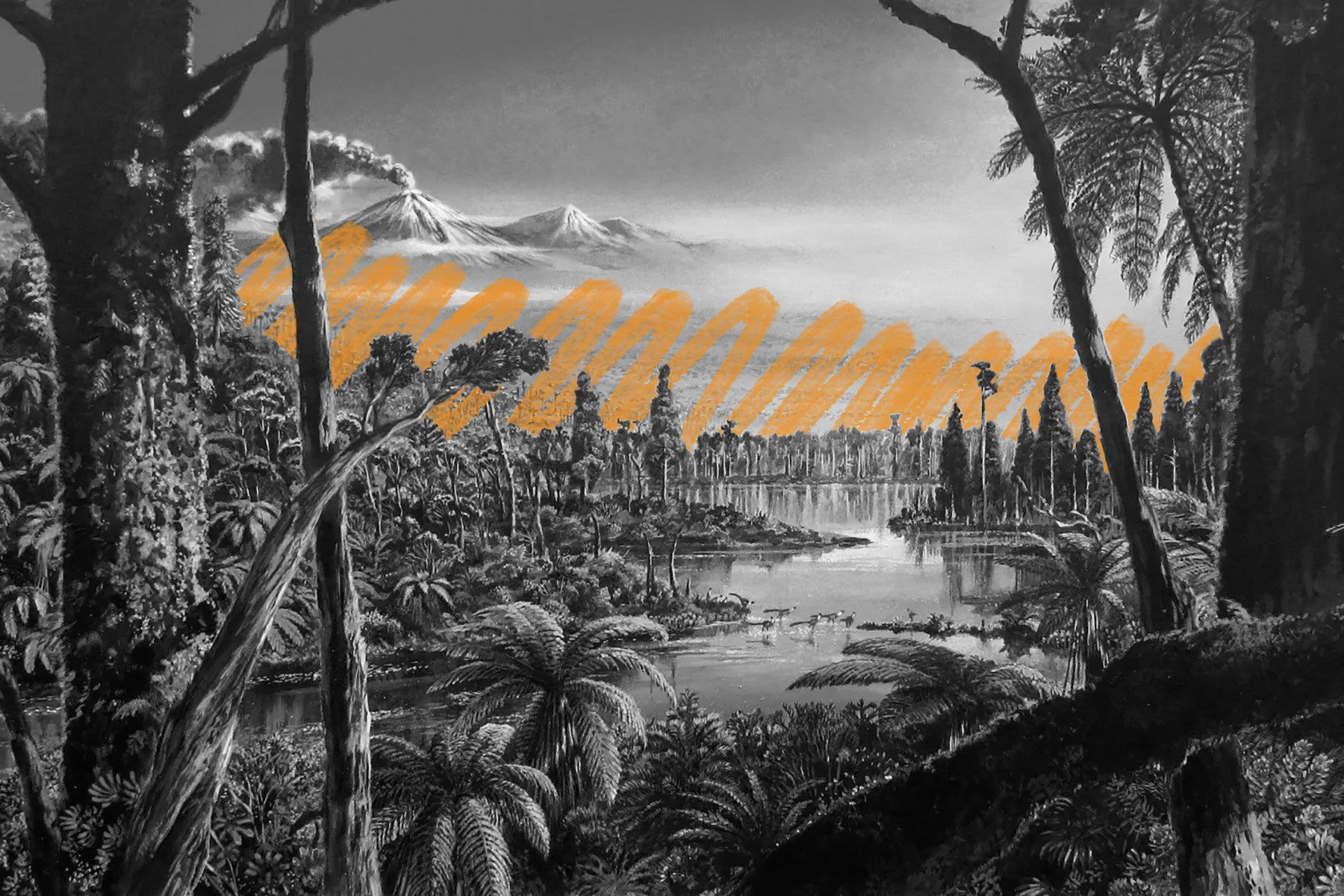Antarctica had a rainforest 90 million years ago.
It’s difficult to comprehend within our limited, double-digit life spans, but Earth is a dynamic planet that is constantly changing. The continents have crashed together and separated a handful of times now (Pangaea is the latest supercontinent, but not the only one), and the planet’s atmosphere, oceans, and orbit are all temporary and movable. Take, for instance, Antarctica, arguably the most inhospitable place on the planet. Not long ago (geologically speaking), the icy continent wasn’t frozen at all. In fact, it was filled with temperate rainforests teeming with life.
Some 90 million years ago, during the Cretaceous Period — the tail end of the age of dinosaurs — Antarctica was home to a completely different habitat, known as the “Cretaceous hothouse.” The Earth was much warmer due to increased carbon dioxide levels (sea-surface temperatures in the tropics were at an incredible 95 degrees Fahrenheit, for example), and the world’s oceans were a staggering 558 feet higher than they are today. Estimates suggest that Cretaceous Antarctica had a climate similar to today’s Italian peninsula and was filled with plant and animal life, including dinosaurs. The southern continent’s hospitality didn’t end with the dinosaurs, either; it continued on into the Eocene Epoch around 56 million to 34 million years ago. It was then that marsupials likely migrated across Antarctica from South America into modern-day Australia before the continents separated. So while Antarctica is pretty inhospitable to humans now, it may just be a phase.









